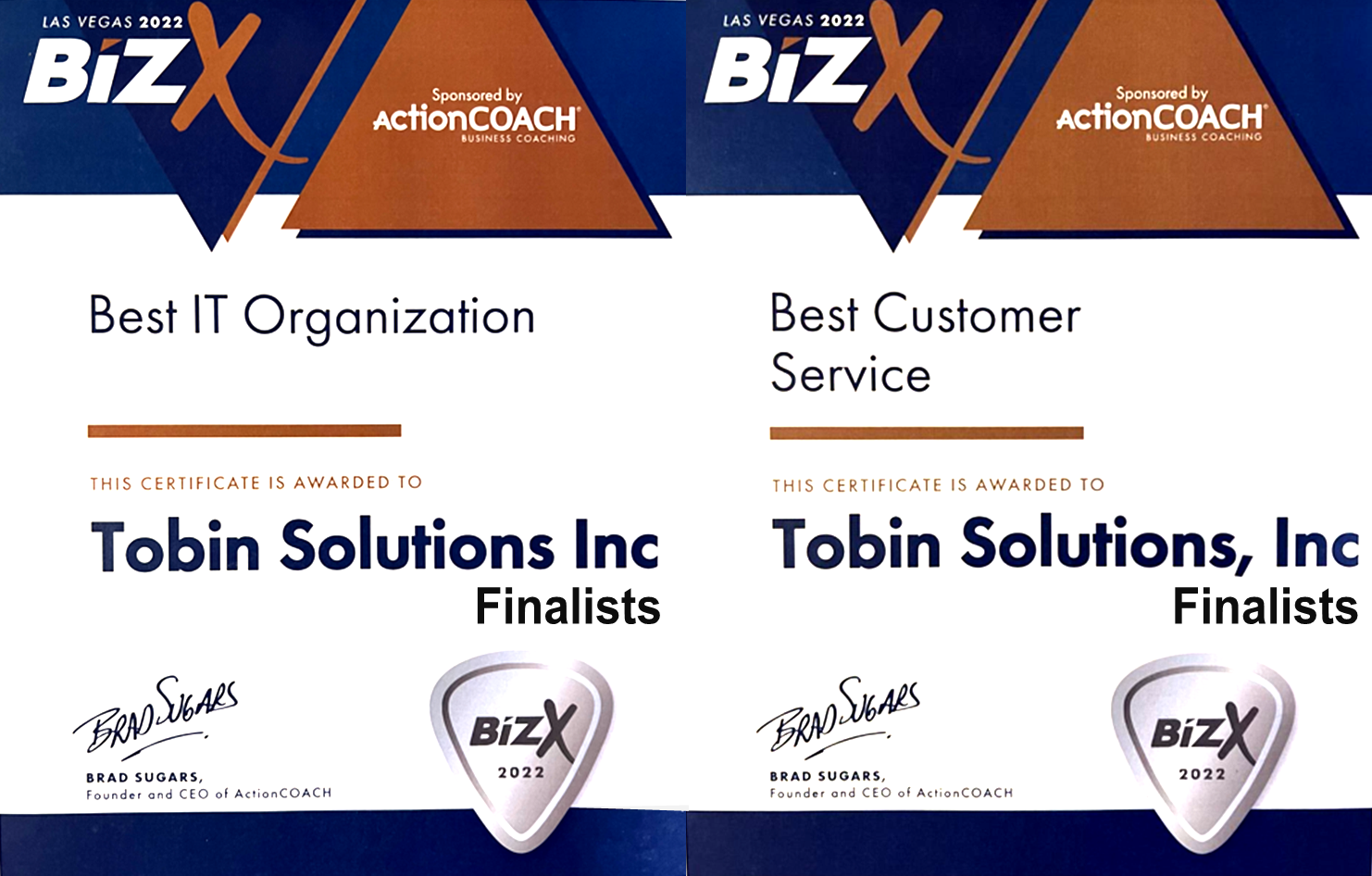Cloud services or cloud computing is the on-demand availability of computer system resources that are provisioned and managed by a cloud provider. Using a “pay-as-you-go” or subscription model can help in reducing capital expenses while shifting your investments to a monthly expense. This may include public cloud, private cloud, hybrid cloud, edge cloud, on-premise integration, line of business applications, virtual servers, virtual desktops, virtual networks, server-less computing, and more.
Benefits of the Cloud
- Improved agility – This allows users to easily plan future technological infrastructure resources
- Reduced costs
- Device and location independence – Users are able to access the business’ system via Internet browser whenever and wherever
- Easier systems maintenance
- Allows sharing of resources and costs among a large group
- Consistent performance monitoring
- Increased productivity – Users are able to work on documents simultaneously
- Improved reliability
- Scalability and elasticity – This makes it easy to change the amount of service you need at any time
- Improved security
Moving to the Cloud
Is moving to the cloud right for you? For some servers and services, the answer is likely yes. And for others, it may be no or not yet. There are pitfalls to avoid and expectations to be met. We recommend you analyze your specific needs to see if, what, and how you migrate to the cloud. We’ve developed tried and true methodologies and best practices to help. Please contact us for a free no-obligation consultation.
Shared Responsibility and the Cloud
As you consider and evaluate public cloud services, it’s critical to understand the shared responsibility model and which security tasks are handled by the cloud provider and which tasks are handled by you. This applies to nearly every cloud service and you should be aware of which specific responsibilities are yours. Review the terms of service, or end user license agreements.
The workload responsibilities vary depending on whether the workload is hosted on Software as a Service (SaaS), Platform as a Service (PaaS), Infrastructure as a Service (IaaS), or in an on-premises datacenter.
For all most cloud deployment types, you own your data and identities. You are responsible for protecting the security of your data and identities, on-premises resources, and the cloud components you control (which varies by service type).
Regardless of the type of deployment, the following responsibilities are almost always retained by you:
- Data
- Endpoints
- Account
- Access management
Microsoft Azure
The Azure cloud platform is more than 200 products and cloud services designed to help you bring new solutions to life—to solve today’s challenges and create the future. Build, run, and manage applications across multiple clouds, on-premises, and at the edge, with the tools and frameworks of your choice.
Tobin Solutions can assist with provisioning, securing, managing, and supporting Microsoft Azure.
Amazon Web Services (AWS)
Amazon Web Services (AWS) is the world’s most comprehensive and broadly adopted cloud platform, offering over 200 fully featured services from data centers globally. Millions of customers—including the fastest-growing startups, largest enterprises, and leading government agencies—are using AWS to lower costs, become more agile, and innovate faster.
Tobin Solutions can assist with provisioning, securing, managing, and supporting Amazon Web Services (AWS).
Tobin Cloud
The Tobin cloud is our managed wholly-owned and cost-effective solution for full management of websites, network services, data storage, disaster recovery, and more. We will work with you to tailor our hosting solutions to your specific needs.
Other Cloud Services
Rackspace, Linode, Bluehost, Google, other cloud providers, and more! Tobin Solutions can assist with provisioning, managing, and supporting other cloud solutions.


